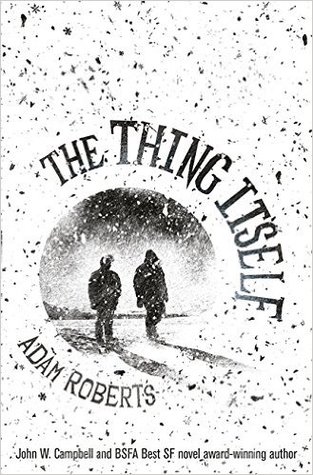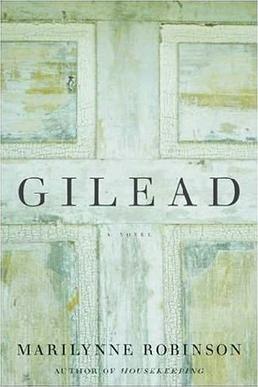I would describe the ending of Story of Your Life as inevitable, in the way the endings of good stories can be, but we probably mean the same thing. And I like that it was inevitable, it fits. As I said above, I'm not well-read in philosophy, so I didn't really view how Chiang presented the nature of the aliens' mind in that way; I thought it worked quite well. Also, why would god come up? I don't think Chiang was approaching things from that direction, wasn't the aliens' 'omniscience' quite specific? (I would need to re-read the story to discuss this properly). Actually, you might find The Thing Itself pretty interesting.
Yea, it's beautiful. As to why I thought God was relevant, free will at odds with knowing the future and teleological arguments were heated subjects in the past as great thinkers tried, futilely(is that a word), to rationalize Christianity. I thought it was a novel way to interpret that in a sci fi context, it just didn't make for a convincing argument.
I'll look into The Thing Itself, thanks.
Along a similar religious line, I just finished Gilead:
So, if you've seen this book come up every once in a while, but have thought this has nothing to do with what you find interesting, as I did, you may want to give it a try at some point anyway. You'll find the distance between its characters and you a comfort for the emotional punch it packs is acute even this far removed. Not that it's full of grief or draining, the narrator is quite happy and content, but Marilynne Robinson's power to evoke emotion is among the greatest. I should also mention her skill as a writer while I'm at it. I just kept thinking, written in this style with these subjects, it has to flounder at some point, but it never did. I mean, straight from Wikipedia:
Marilynne Robinsons novel, Gilead, follows the discontinuous form of a letter to reveal pastor John Ames parting words to his seven-year-old son. The novel is named after the small town of Gilead, Iowa, a seemingly insignificant place that carries an air of simplicity. Yet, despite this mundane and modest lifestyle, John Ames expresses that though he has lived [his] life on the prairie, a line of oak trees can still astonish [him]"(Robinson 57).
That sounds really dull and yet this book is a treasure(that has nothing to do with oak trees).

























